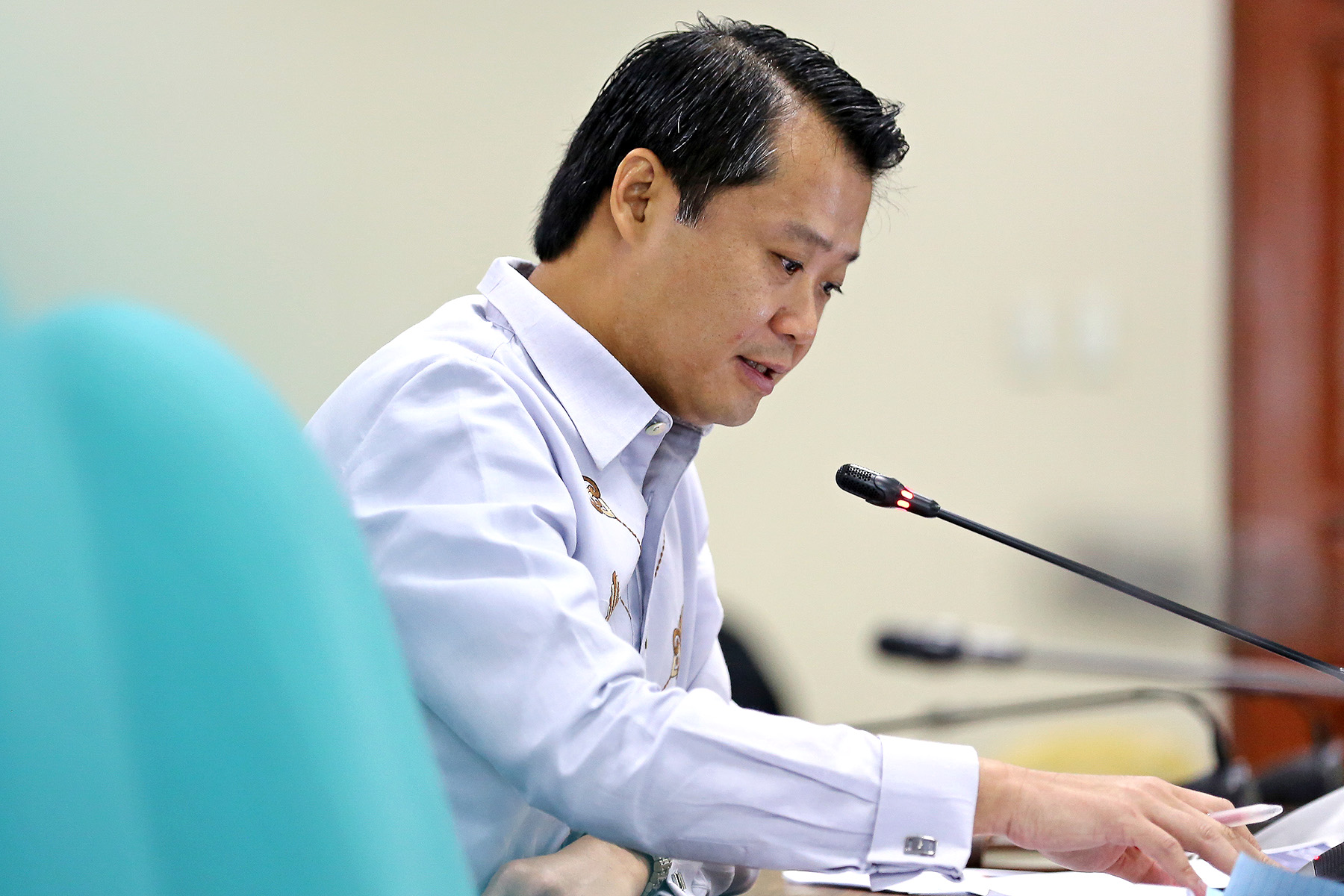Following the released survey which identified violence against women as a top concern during the COVID-19 pandemic, Gatchalian reiterated the need to ensure continued education and protection programs for vulnerable girls to combat gender-based violence amid new lockdown and curfew measures.

The Commission on Population and Development (POPCOM) recently cited the results of a Social Weather Stations (SWS) survey which revealed that for 25 percent of Filipinos, harmful acts in various forms—including physical (11 percent), sexual (7 percent), and emotional (7 percent) violence—are among the most pressing problems of women.
Gatchalian added that since school-age girls have been confined to their homes since the start of lockdowns a year ago, they are also more vulnerable to domestic violence and dropping out.
The senator emphasized that even if schools are implementing remote learning, they should continuously provide safety nets to learners, including child protection programs.”
The lawmaker also flagged the role of school closures in the increased exposure of young girls to early pregnancies. A two-month study by the Department of Science and Technology – National Research Council of the Philippines (DOST-NRCP) identified school closures, dysfunctional family, and lack of access to sexual and reproductive health education as among the factors of teenage pregnancy.
“Sa patuloy na pagdiriwang natin ng National Women’s Month, mahalagang alalahanin natin na dapat nating paigtingin ang pagbibigay proteksyon sa ating mga batang kababaihan laban sa ano mang uri ng pang-aabuso at karahasan. Isa sa mga pinakamahalagang hakbang na maaari nating gawin ay hindi sila mahinto sa pag-aaral sa kabila ng mga hamong kinakaharap natin, lalo na’t ang mga paaralan ay may mga programa para sa kanilang proteksyon,” Gatchalian said.
The Chairman of the Senate Committee on Basic Education, Arts and Culture also cited the role of child protection committees (CPC) in schools, which should identify vulnerable learners, report cases of abuse, and coordinate with institutions like the Philippine National Police-Women and Children’s Protection Desk, the Local Social Welfare and Development Office, and other government agencies, and non-government organizations.


